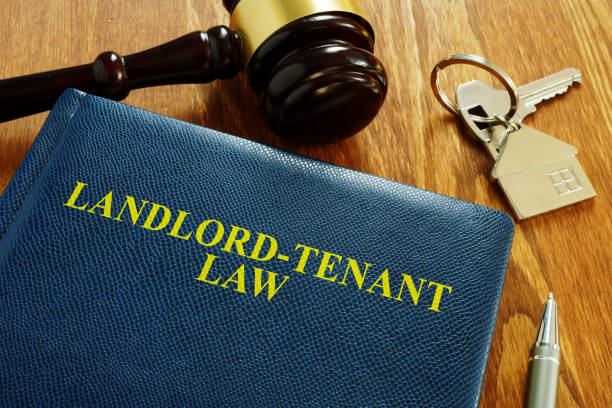When it comes to investing in rental properties, landlords seek states with favorable laws and regulations that protect their rights and provide a conducive environment for their businesses. These landlord-friendly states often offer streamlined eviction processes, strong property rights, and a pro-business climate. In this article, we will delve into the factors that make a state landlord-friendly and highlight some examples of such states.
Factors that Make a State Landlord-Friendly
Strong Property Rights
A landlord-friendly state prioritizes and protects property rights, ensuring that landlords have clear ownership and control over their rental properties. This includes robust legal frameworks that establish and enforce property rights, minimizing the risk of property seizure or encroachment.
Efficient Eviction Processes
States with efficient and well-defined eviction processes are considered landlord-friendly. These processes involve streamlined timelines, clear procedures, and minimal restrictions on eviction reasons. Landlords value the ability to regain possession of their property swiftly and effectively when necessary.
Balanced Rental Market Regulations
Landlord-friendly states often have fewer regulations and restrictions on rental properties and leases. This may include limited rent control laws, reasonable limitations on security deposit amounts, and flexibility in lease terms. These factors allow landlords to set rental prices based on market demand and negotiate terms with tenants.
Access to Property
Landlords require reasonable access to their rental units for inspections, repairs, and showings. Landlord-friendly states typically have laws in place that grant landlords specific rights regarding property access. These laws ensure that landlords can maintain and manage their properties efficiently without infringing on tenants’ privacy rights.
Fair Tenant-Landlord Laws
While landlord-friendly states provide favorable conditions for landlords, they also strike a balance with laws that protect tenants’ rights and ensure fair treatment. A well-balanced legal framework creates a harmonious landlord-tenant relationship and promotes stability in the rental market.
Examples of Landlord-Friendly States
Florida
Florida is often regarded as a landlord-friendly state. It has laws that favor landlords, such as efficient eviction processes, no state-level rent control, and fewer restrictions on lease agreements. Landlords in Florida enjoy a relatively favorable regulatory environment.
Texas
Texas is known for its strong protection of property rights and landlord-friendly laws. The state has efficient eviction procedures, no state-level rent control, and a pro-business environment, making it attractive for property investors.
Georgia
Georgia has laws that generally lean in favor of landlords. The state offers streamlined eviction processes, no rent control, and a business-friendly climate, which contributes to its reputation as a landlord-friendly state.
Colorado
Colorado is considered landlord-friendly due to its balanced approach to rental regulations. It has reasonable eviction processes, no statewide rent control, and a legal environment that supports property owners’ rights.
Tennessee
Tennessee is often recognized as a landlord-friendly state. It offers efficient eviction processes, no rent control, and a business-friendly climate that encourages investment in the rental property sector.
Conclusion
Landlord-friendly states play a crucial role in creating a favorable environment for property investors and landlords. Factors such as strong property rights, efficient eviction processes, balanced rental market regulations, fair tenant-landlord laws, and a pro-business climate contribute to a state’s landlord-friendly status. By understanding these factors and researching the specific laws and regulations in each state, landlords can make informed decisions about where to invest and operate their rental properties.



